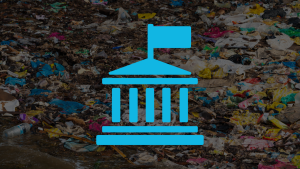- Policy
- Government
- Facts & Stats
- Plastic Pollution
- National
- International
Long Term Waste Management Strategy
The City’s Long Term Waste Management Strategy provides a road map for the way waste will be managed in Toronto over the next 30-50 years.
Summary
Why the City Needs a Long Term Waste Management Strategy
Waste management in a city the size of Toronto is a complex task. Last year alone, the City managed approximately 900,000 tonnes of waste, which is not sustainable. With a growing population, the changing nature of waste and limited landfill space, a long-term strategy to guide waste management in Toronto is key.
A Road Map for the Future
The City’s Long Term Waste Management Strategy, also known as the Waste Strategy, was approved by City Council in 2016 and provides a road map for the way waste will be managed in Toronto over the next 30-50 years.
It was developed over two years and is supported by extensive research, guidance from key stakeholders and a comprehensive public consultation and engagement program.
The Strategy focuses on:
- waste reduction, reuse and recycling
- activities that promote resource conservation and reduce environmental impact.
It also sets a goal of diverting 70 per cent of Toronto’s waste away from landfill by 2026 and supports the City’s move towards a circular economy and zero waste future.
Implementing the Strategy for a More Sustainable Tomorrow
Throughout 2017, the City was in the research and planning stages for many of the Strategy’s recommendations. Today, the City is delivering on a number of those recommendations through the implementation of various new programs and initiatives.



